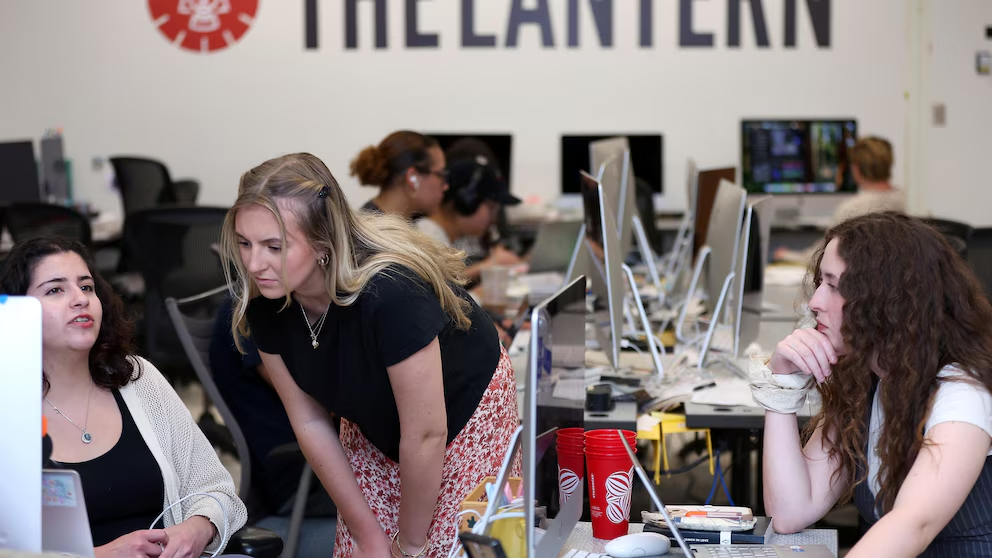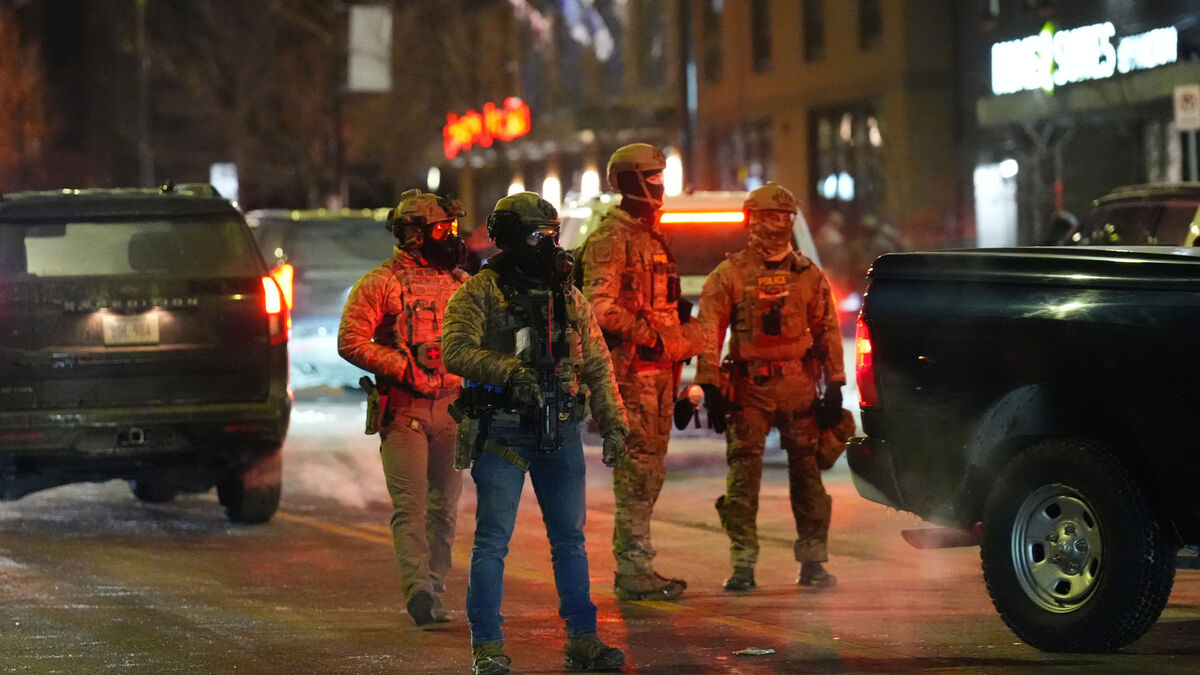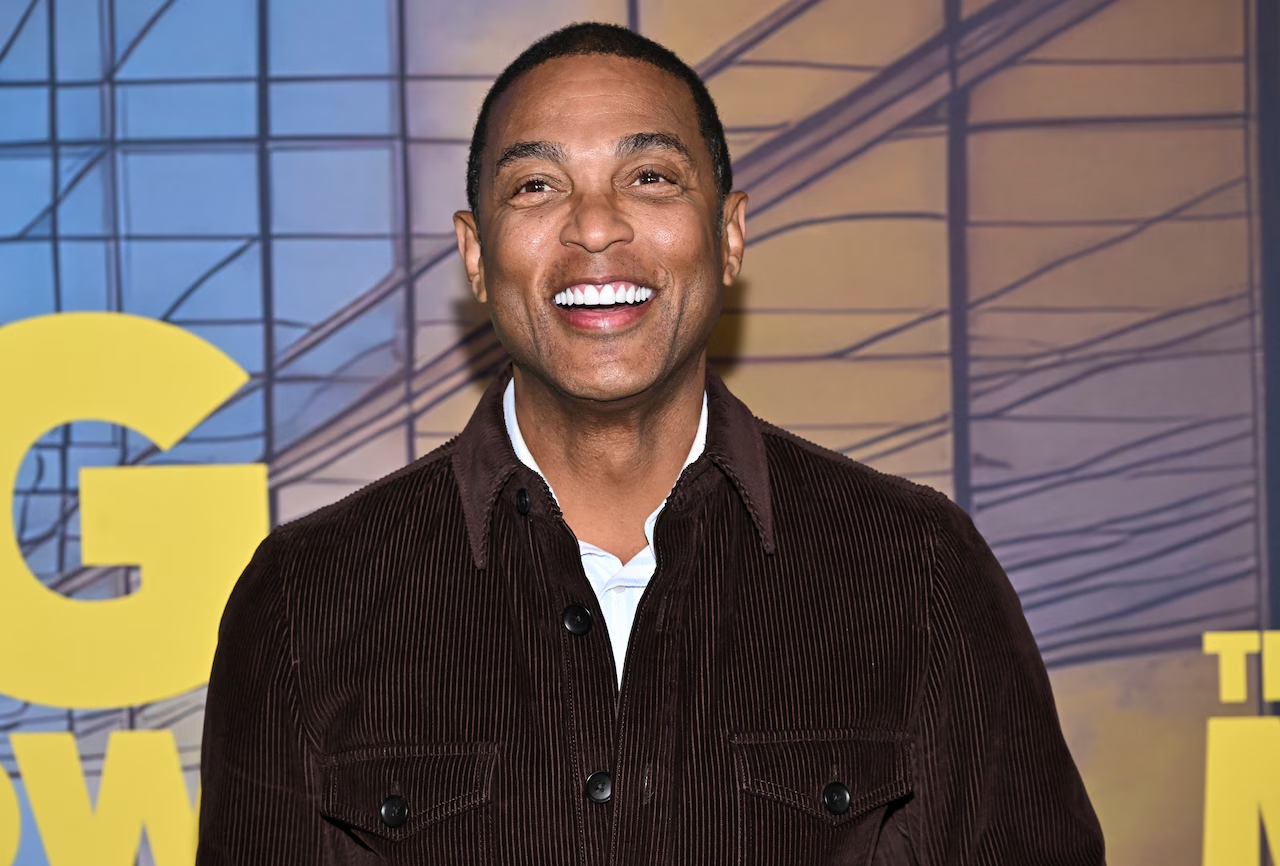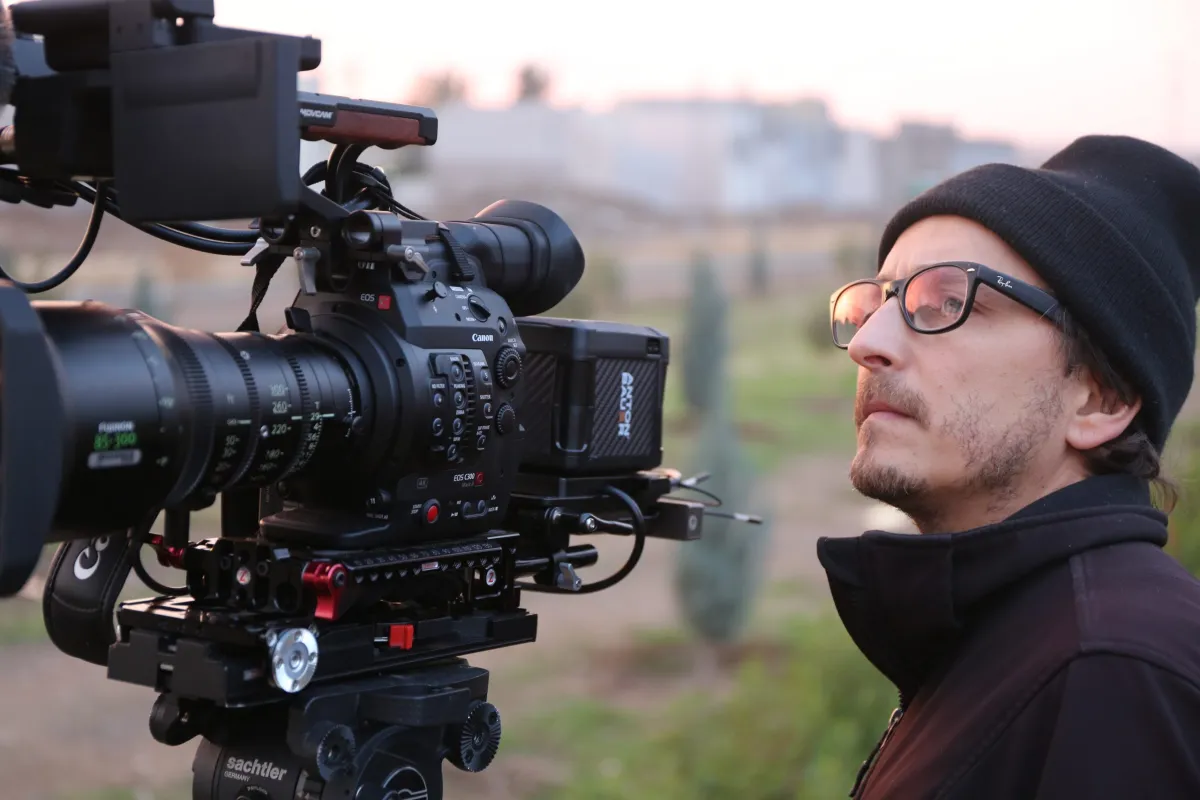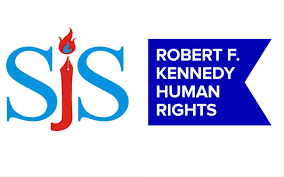
Somalia’s Attack on Press Freedom: Media Ban and Violence Against Journalists Under Scrutiny
April 25, 2025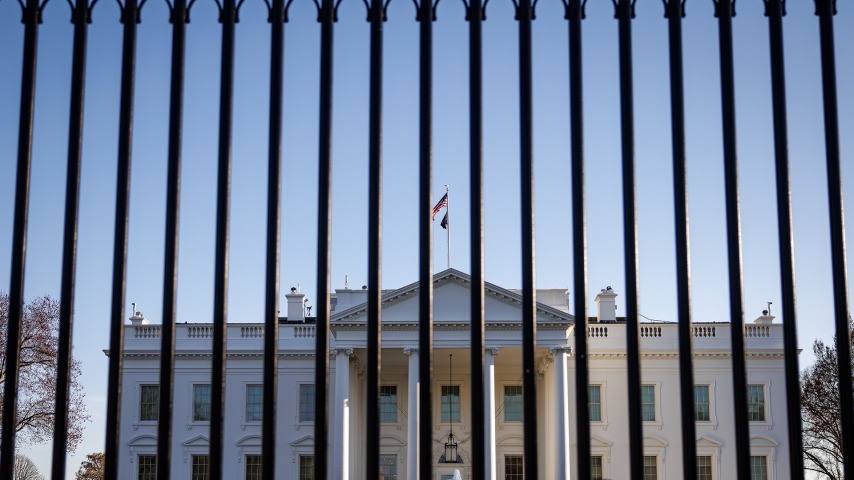
Journalist Protections Eroded as Trump-Era Tactics Resurface Under DOJ Scrutiny
April 25, 2025April 25, 2025 – USA –
College journalists across the U.S. are finding themselves caught in the crosshairs of political tension, ethical dilemmas, and immigration fears. As student reporters take on increasingly high-stakes stories—often involving protests, campus policies, or national politics—they’re facing growing pressure over what they report and how much they reveal.
Recent cases have shown how student journalists are wrestling with whether to name sources, publish photos of demonstrators, or report details that could put peers at risk—especially international students. In some instances, undocumented or visa-holding students participating in protests have begged campus newspapers to avoid identifying them, fearing retaliation or deportation.
This ethical challenge came into sharp focus when a college publication chose not to publish protester photos, citing safety concerns. Critics called it censorship, but editors defended the decision as an act of responsibility, not suppression. In the past, such editorial calls were seen as internal debates about journalistic integrity. Now, they’re being politicized, with student reporters sometimes labeled as activists or accused of lacking objectivity.
Adding to the complexity, some conservative commentators and politicians have accused campus journalists of pushing a biased agenda or shielding illegal activity. A recent report by The Boston Globe revealed how some Trump-aligned figures are calling for greater scrutiny of college publications, arguing they should face the same accountability as mainstream outlets. In response, student editors say they’re doing what journalism has always done—balancing truth-telling with harm reduction.
Meanwhile, schools themselves are struggling with how to support student journalists while managing campus tensions. Media law experts warn that many student journalists lack legal training or institutional backing, making them vulnerable to backlash or even legal threats.
At the same time, these young reporters are increasingly stepping into roles once reserved for professional journalists—covering complex national issues like immigration, free speech, and protest rights. The result is a high-pressure environment where every editorial decision carries real-world consequences.
As journalism education continues to adapt, one thing is clear: student journalists are no longer just learning the craft—they’re being thrust into the heart of its most urgent debates.
Reference –

